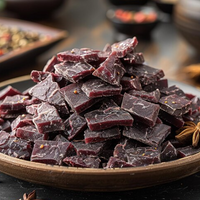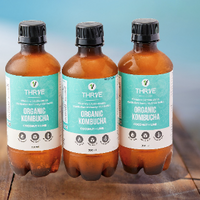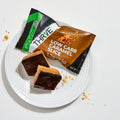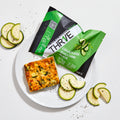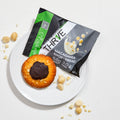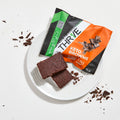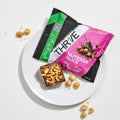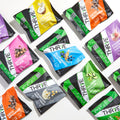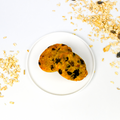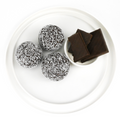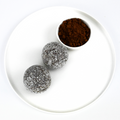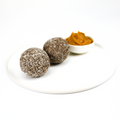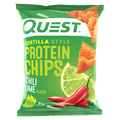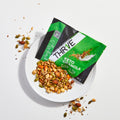It’s time to audit the oils in your pantry! The so-called “heart healthy” processed oils could be causing you more harm than good.
 If talk of cooking oils, smoke points and rancidity causes your eyes to glaze over, you’re not alone. There’s a whole lot of confusion and misinformation around cooking oils – which is alarming considering most of us use them every day. However, there’s an easy way to sort your good oils from bad.
If talk of cooking oils, smoke points and rancidity causes your eyes to glaze over, you’re not alone. There’s a whole lot of confusion and misinformation around cooking oils – which is alarming considering most of us use them every day. However, there’s an easy way to sort your good oils from bad.
Good nutrition usually comes down to the same basic principle: eat real food. Despite the name, most processed vegetable oils are far from anything resembling a vegetable. To clarify, we’re talking about processed industrial oils such as sunflower, canola, corn, grapeseed, soybean, rice bran and peanut oil. Any oil labelled “vegetable oil” or “blended vegetable oil” is most likely canola or a mix of the above, anyway.
So what’s so wrong with these oils? For one, they require a large amount of chemical processing. At the very least, they’re usually treated with a petrol-based solvent called hexane, bleached, de-gummed and deodorized to disguise the foul smell. Doesn’t sound very “real” to us.
However, the chemical processing is really just the start of the issue, says THR1VE nutritionist Shannon Young. “These oils are higher in polyunsaturated fatty acids (PUFAs) making them more prone to rancidity,” she says. They become rancid when they oxidise through exposure to air, heat and light – then become unstable.
Consuming these rancid oils can promote inflammation and ultimately oxidative stress in the body. “Oxidative stress can cause everything from wrinkles and premature aging, but also damage our blood vessels and cell membranes and wreak havoc on our insides causing fatigue, memory loss, muscle pain and a high susceptibility to disease and illness,” Young explains.
It’s important to point out that oxidation is a natural process in our body. “It occurs during the natural metabolism process, when our immune system defends off bacteria or is detoxifying from pollutants,” Young says. However, when there is too much oxidation without a balance of antioxidant action, it can become harmful.
Vegetable oils also tend to have a high concentration of one particularly troubling polyunsaturated fatty acid called linoleic acid. “It is a fragile fatty acid that becomes inflammatory when exposed to heat and creates oxidative stress within the body,” Young explains. Yet, these oils are most commonly used at high heat in deep fryers and in frying pans. It’s a dangerous combination.
So what should we use?
It’s best to go back to the real food rule. The aim is to look for oils that are actually food and offer functional health benefits.Extra virgin olive oil is a great choice – it’s made by crushing the olives and extracting the juice, without the use of chemical processing. It’s high in antioxidants and it’s anti-inflammatory, too. Olive oil has a smoke point of 242 degrees, which is the temperature it can be heated to before it starts to burn and impact flavour. You can use it for cooking or dressing meals.
You can also use extra virgin coconut oil, says Young, because it requires minimal processing and offers a host of health benefits. “It has antiviral, antibacterial and anti-fungal properties. It has also been found to help normalize blood lipids and protect against damage to the liver.” It has a 177 degree smoke point.
Another great option for cooking and dressing is avocado oil – although it is on the pricier side. It has anti-inflammatory and healing properties, says Young. It has a particularly high smoke point, at 271 degrees. For a cheaper option, ghee (clarified butter) and grass-fed butter are good cooking fats and widely available. Ghee has a smoke point of 252 degrees and butter has a smoke point of 177 degrees.
There are also a few exceptions to the vegetable oil rule. “Companies are starting to produce ‘high-oleic, lower-PUFA’ versions of many oils,” says Young. “These newer varieties have more monounsaturated fat and far less polyunsaturated fat than the standard oils. These are a little harder to find, but do exist. It’s important to keep in mind these are still refined oils depleted of nutrients but are a safer option as they become neutral product for cooking.” In short: check the label very carefully and always opt for real food alternatives.
Original image from www.eatingbirdfood.com

